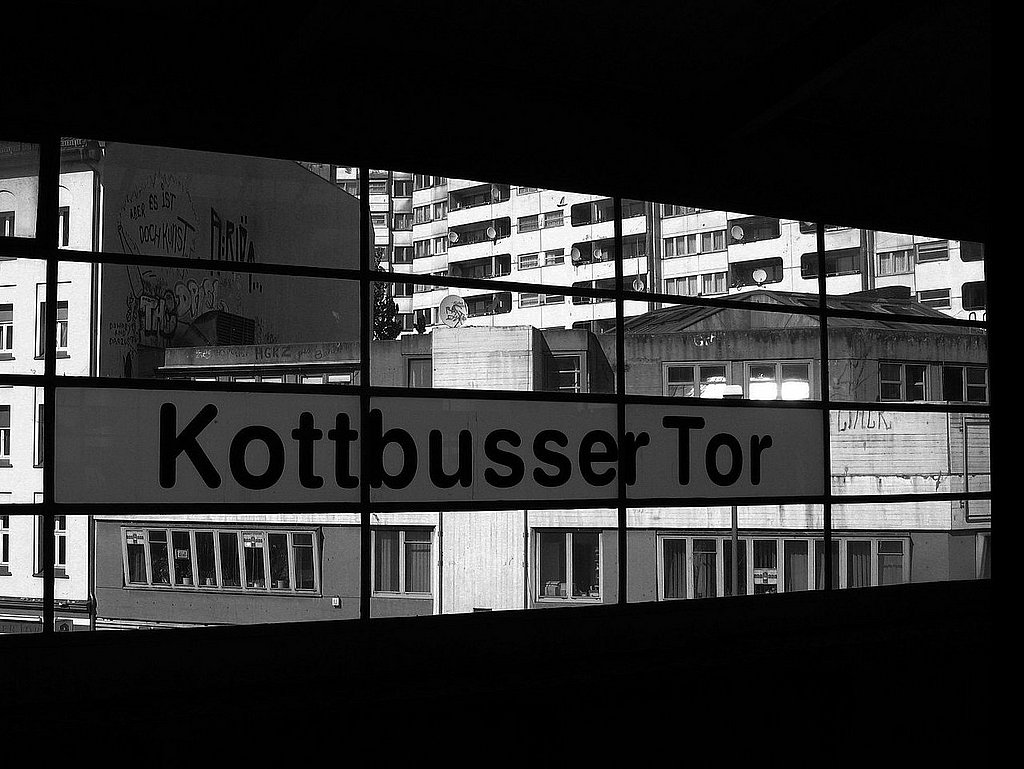In Germany, around 61,000 people live without health insurance - two thirds of them are men, particularly often self-employed, unemployed or homeless and destitute. Opioid addicts are disproportionately affected by multiple burdens such as homelessness, debt and a lack of health care. They are considered a hard-to-reach target group within the existing help system.
On May 4, 2025, the joint research project "Wi:Nu:K - Impact and utilization research on the care of opioid addicts with unclear health insurance status" was launched at the Alice Salomon University of Applied Sciences Berlin (ASH Berlin) and the Evangelische Hochschule Berlin (EH Berlin). The overarching goal is to systematically evaluate the effectiveness of the services offered by the Berlin clearing house for people without health insurance as well as the existing cooperation structures in the help system and to identify potential for optimization. The project is funded by the Berlin Senate Department for Science, Health and Care.
The interdisciplinary team led by Sandra Kintscher M.A., Melanie Akerboom M.A. and Hannah Kuszak (all ASH Berlin) and Magdalena Eder M.A. (EH Berlin) works under the scientific direction of Prof. Dr. Rita Hansjürgens (ASH Berlin) and Prof. Dr. Rebekka Streck (EH Berlin). Cooperation partners are the Clearingstelle der Berliner Stadtmission, Fixpunkt e. V., Gangway e. V., Notdienst für Suchtmittelgefährdete Berlin e. V., Vista gGmbH and the Institut für Praxisforschung und Evaluation der Evangelischen Hochschule Nürnberg. Together, they are analyzing how addiction support, street work, clearing and medical services currently interact - and where there is potential for structural optimization.
The research project aims to make barriers in medical and psychosocial care visible and translate them into concrete recommendations for action for practice, politics and administration. The study is guided by four objectives:
- Systematize existing knowledge,
- record access barriers from the user's perspective,
- develop an impact model to improve accessibility and
- strengthen the networking of all actors involved in order to reduce barriers to access.
The methodological approach is based on a three-phase mixed-methods design: First, a field-related preliminary study with literature research and expert interviews is carried out. This is followed by ethnographic field research and user interviews to develop an impact model. In the third phase, the results will be reflected on in participatory workshops and translated into practical recommendations.
By November 30, 2025, the project should not only provide concrete findings on barriers, conditions for success and necessary structural changes, but also develop practical structural proposals that can sustainably improve the care of this heavily burdened target group in Berlin - and in the long term in other major cities as well.



